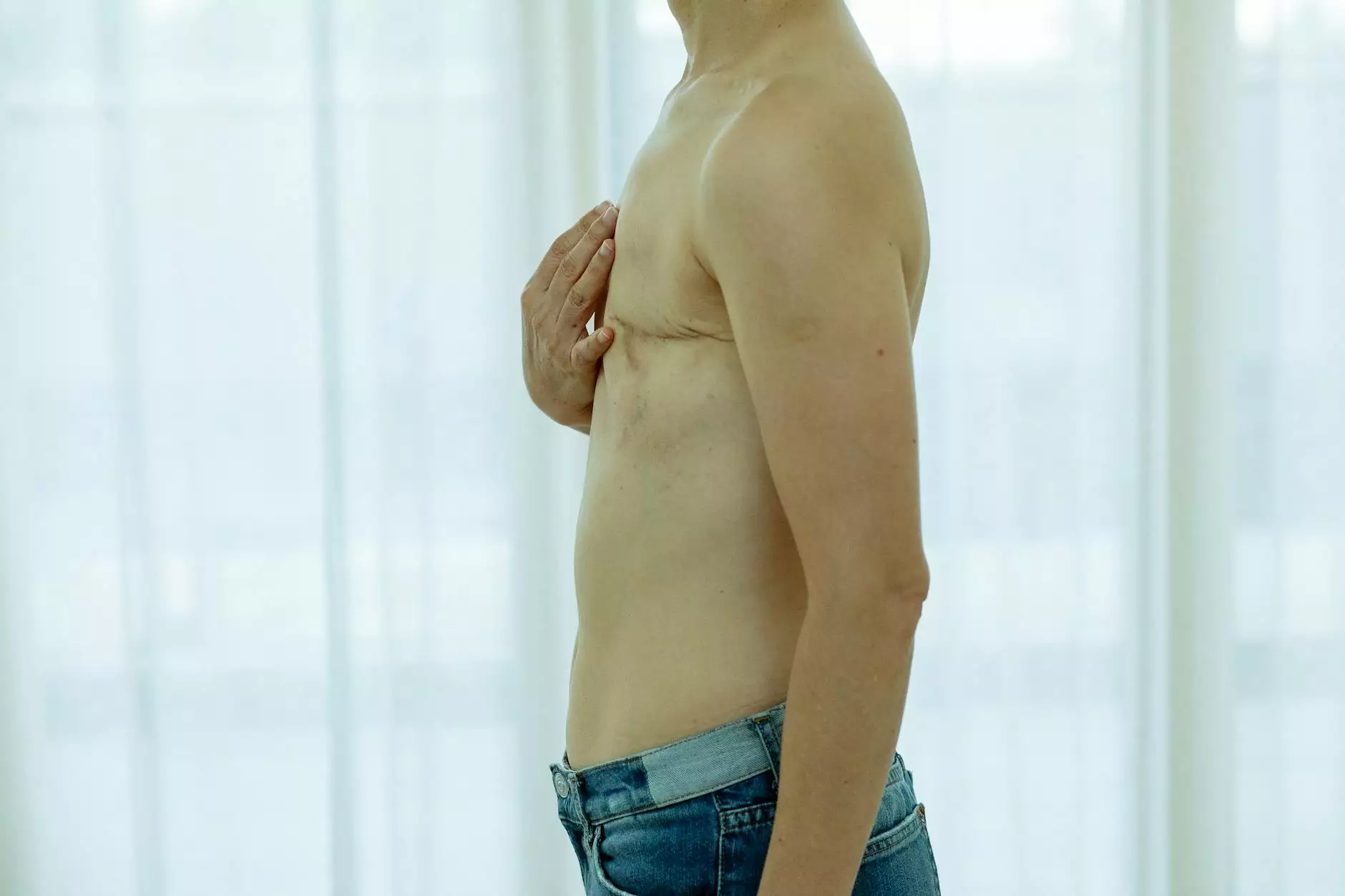Transform Your Life: The Complete Guide to Fat Removal Surgery

Fat removal surgery has emerged as a popular solution for individuals seeking to enhance their physique and improve their overall health. This comprehensive guide will explore everything you need to know about this transformative procedure, its benefits, and the factors to consider before making a decision. Whether you are struggling with stubborn fat or looking to boost your self-esteem, understanding fat removal surgery can significantly impact your life.
What is Fat Removal Surgery?
Fat removal surgery, often referred to as >liposuction, is a cosmetic procedure designed to remove excess fat deposits from specific areas of the body. This surgery aims to sculpt and shape the body, improving its overall appearance. It is essential to note that fat removal surgery is not a weight-loss procedure but rather a method to target localized fat that may be resistant to diet and exercise.
Types of Fat Removal Surgery
There are several types of fat removal surgeries available today. Here are the most common methods:
- Tumescent Liposuction: This technique involves injecting a special solution into the target area to numb the tissue and reduce bleeding. It is the most commonly performed liposuction method.
- Ultrasound-Assisted Liposuction (UAL): UAL uses ultrasonic waves to liquefy fat cells, making them easier to remove.
- Laser-Assisted Liposuction (LAL): LAL employs laser technology to melt fat before it is suctioned out, offering a minimally invasive option with less recovery time.
- Suction-Assisted Liposuction (SAL): This traditional method uses a vacuum suction process to remove fat deposits effectively.
- BodyTite: A newer technology that utilizes radiofrequency energy to tighten skin while simultaneously removing fat.
Benefits of Fat Removal Surgery
The benefits of fat removal surgery extend beyond mere aesthetics. Here are several key advantages:
- Improved Self-Confidence: Many patients report a significant boost in self-esteem and body image post-surgery.
- Targeted Fat Removal: This surgery allows for precise removal of fat pockets that are resistant to conventional weight loss methods.
- Enhanced Physical Health: By reducing excess fat, patients may lower their risk of obesity-related health issues such as heart disease, diabetes, and hypertension.
- Long-Lasting Results: When paired with healthy lifestyle choices, the results of fat removal surgery can be permanent.
Who is a Candidate for Fat Removal Surgery?
While many are interested in fat removal surgery, not everyone is an ideal candidate. Here are some criteria that may determine eligibility:
- Individuals who are close to their ideal body weight but have stubborn fat in specific areas.
- Patients with good skin elasticity, which helps to ensure smooth, firm skin post-surgery.
- Those who are in good overall health and do not have medical conditions that could complicate surgery.
- Individuals with realistic expectations about the outcomes of the surgery.
The Consultation Process
Before undergoing fat removal surgery, potential candidates will typically go through a detailed consultation process:
1. Medical Evaluation
The surgeon will review your medical history, current health status, and any medications you may be taking. Honesty during this evaluation is crucial for ensuring a safe procedure.
2. Discussion of Goals
You will have the opportunity to discuss your aesthetic goals with your surgeon, who will provide insights on what can realistically be achieved through the procedure.
3. Risks and Benefits
Your surgeon will outline the potential risks involved with fat removal surgery, helping you weigh the benefits against any concerns you may have.
The Fat Removal Surgery Procedure
The actual fat removal surgery procedure can vary depending on the technique used. However, here is a general outline of the surgery process:
- Anesthesia: You will be administered anesthesia to ensure comfort during the procedure.
- Incisions: Small incisions will be made in discreet locations to minimize scarring.
- Fat Removal: The surgeon will use a cannula to suction out the targeted fat deposits.
- Closing Incisions: The incisions will be sutured closed, and dressing will be applied.
Recovery After Fat Removal Surgery
Following fat removal surgery, understanding the recovery process is crucial for optimal results:
1. Post-Operative Care
Patients will be given specific aftercare instructions, which may include:
- Wearing compression garments to help control swelling and support newly contoured areas.
- Taking prescribed pain medications as needed for discomfort.
- Avoiding strenuous activities for several weeks.
- Attending scheduled follow-up appointments for monitoring recovery.
2. Potential Side Effects
While most side effects are mild and resolve on their own, some common issues include:
- Swelling and bruising in the treated areas.
- Temporary numbness or sensitivity.
- Discomfort at the incision sites.
Long-Term Results and Lifestyle Changes
The results of fat removal surgery can be long-lasting if you maintain a healthy lifestyle. Here are some tips:
- Regular Exercise: Aim for at least 150 minutes of moderate aerobic activity each week.
- Balanced Diet: Focus on nutrient-rich foods, including lean proteins, fruits, vegetables, and whole grains.
- Hydration: Drink plenty of water to keep your body hydrated and flush out toxins.
Conclusion: Is Fat Removal Surgery Right for You?
Deciding to undergo fat removal surgery is a significant choice that requires careful consideration and professional guidance. By understanding the procedure, its benefits, and the recovery process, you can make an informed decision that aligns with your personal goals and lifestyle. At The Wellcome, we are committed to providing you with the best resources and support for your health and aesthetic needs. With the right approach, fat removal surgery can lead to transformative changes, enhancing both your appearance and your confidence.
Frequently Asked Questions About Fat Removal Surgery
1. How much does fat removal surgery cost?
The cost of fat removal surgery can vary widely based on several factors, including the surgeon’s experience, the technique used, and the area of the body being treated. It is important to discuss all financial aspects during your consultation.
2. How long is the recovery time?
Recovery times can vary based on the extent of the procedure and the individual patient. Generally, patients can return to light activities after a few days, but returning to strenuous exercise may take several weeks.
3. Will I have visible scars after the surgery?
Small incisions are typically made in discreet locations, and while some scarring is inevitable, techniques can minimize its visibility over time.
4. Is fat removal surgery safe?
Like any surgical procedure, fat removal surgery carries some risks. However, when performed by a qualified and experienced surgeon, it is generally considered safe.
Contact Us
If you are considering fat removal surgery or have any questions, please contact us at The Wellcome. Our dedicated team is here to help you achieve your health and aesthetic goals.









